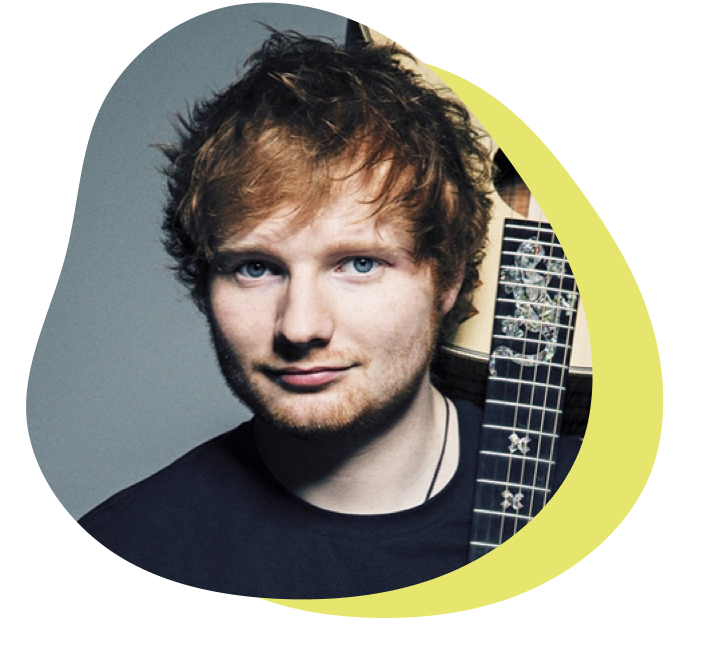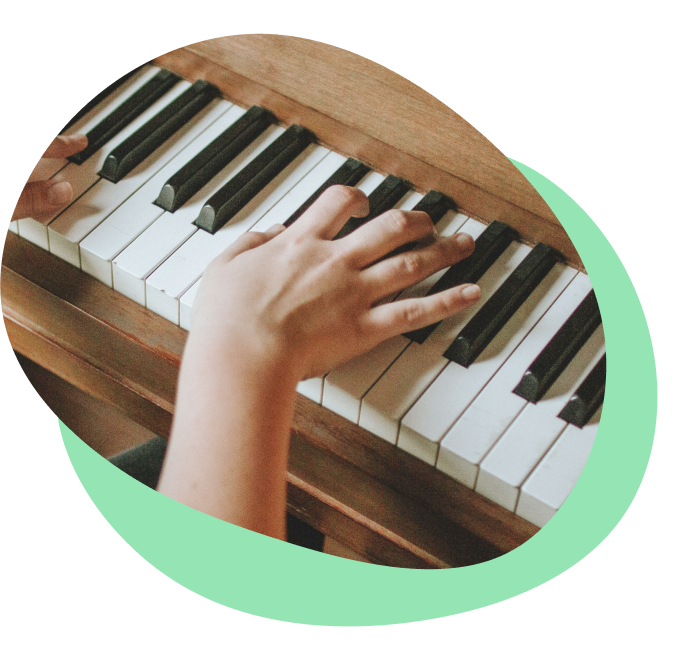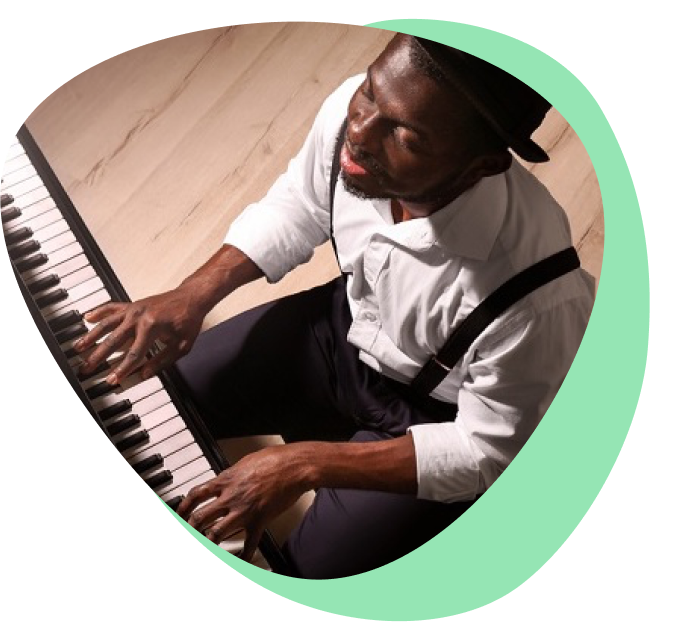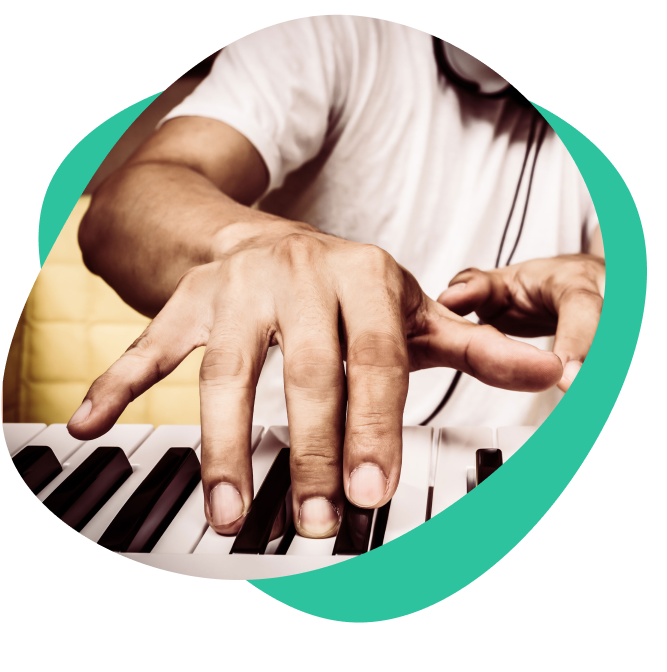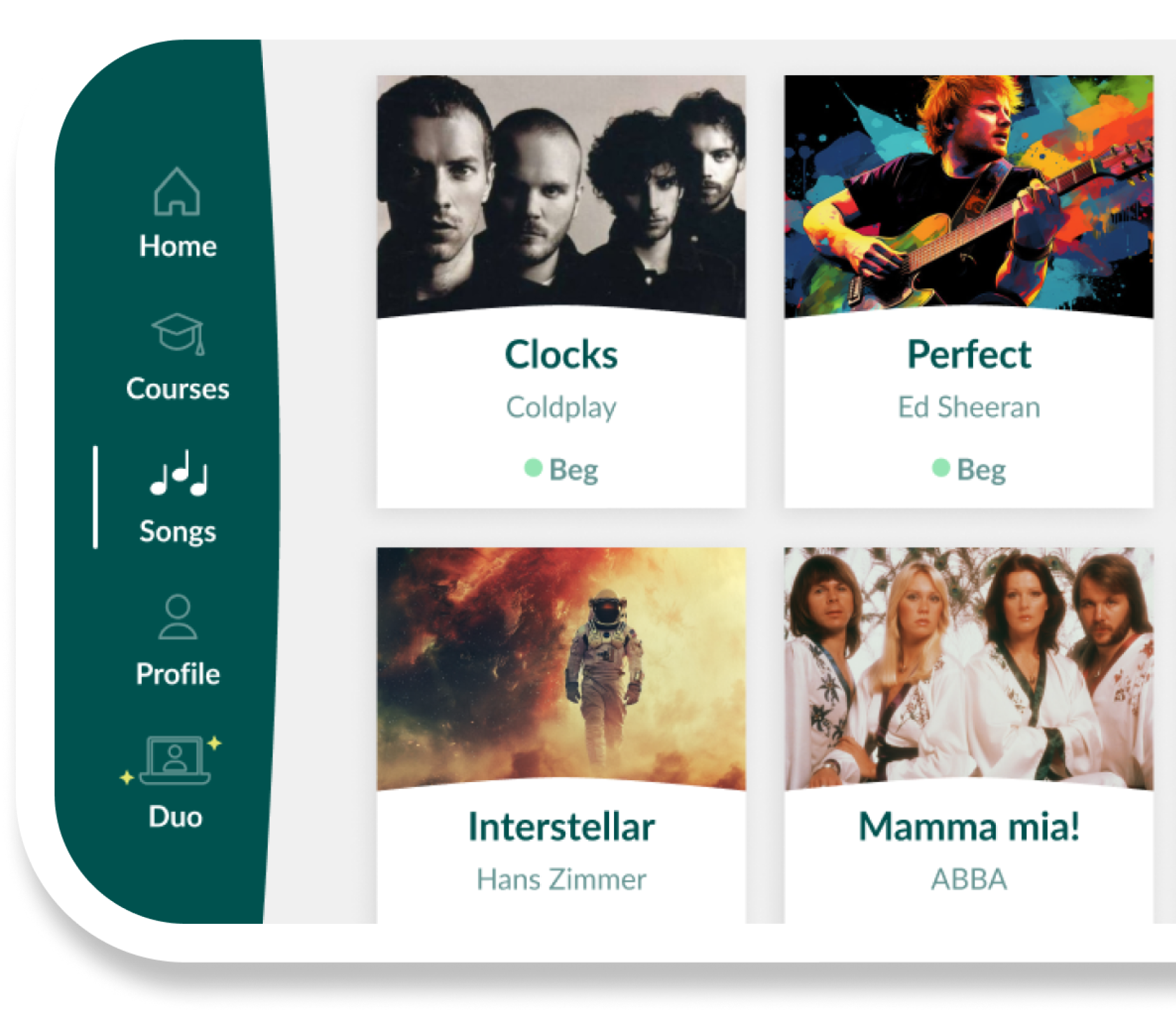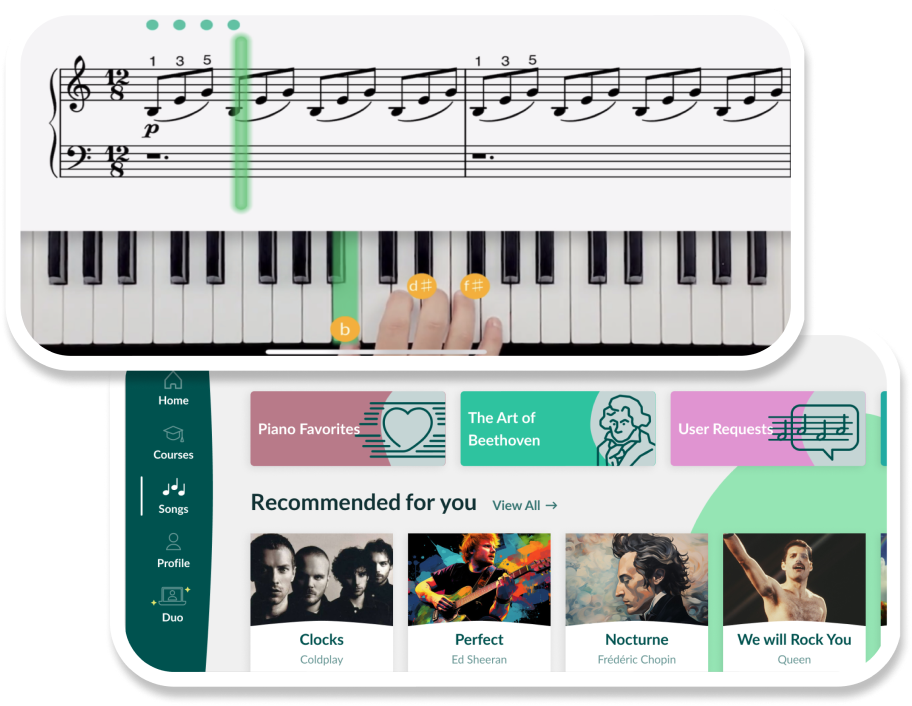Table of Contents
ToggleFor almost as long as popular music has been around, kids have dreamed about becoming famous musicians. It’s the dream for almost everyone who picks up a guitar or sits down at the piano.
For a lot of learners, the challenge is that becoming a professional musician can feel like an impossible task if you don’t take (or can’t afford) music lessons. But the thing is … a lot of people at the top of the charts never had formal lessons!
The data
Skoove, in collaboration with DataPulse, conducted a study which revealed key insights about the top UK Spotify artists and found that 71% of the top 100 did not engage in regular training with music teachers or instructors. The remaining 29% had lessons. The data suggest that the vast majority of successful musicians pursued alternative approaches to learning music, such as apps or self-guided learning, for example with YouTube or tutorial books.
The underlying data for the analyses came from multiple sources, including ChartMasters’ list of Top Spotify Artists, Wikidata, and manual research and aggregation. In order to extract insights about musicians who are in bands and groups, we looked at characteristics of the lead composer or band frontperson.
Skoove and DataPulse also dug a little deeper into the numbers around formal music degrees. The discrepancy here is even greater. We found that only 13% of the Spotify top 100 have a music degree. An additional 3.2% started a degree, but didn’t finish it. So it goes without saying that the remaining 84% don’t have a music degree and didn’t even start one.
Self-learning vs. formal education
Are private lessons all they’re cracked up to be? Private lessons are often considered the gold standard for musical education. But, as the data show, this doesn’t necessarily make them the automatic or the appropriate choice for every aspiring musician.
There are various reasons why formal music education, including private lessons, might not be ideal or even an option for musicians. The curriculum of academic music qualifications, such as degrees, can often be rigid with the student having little to no choice over what they play or how they learn advanced or even easy piano songs. The environment may also be too pressurised for some students with factors like exams and homework. It goes without saying that both academic music qualifications and private lessons also require significant financial resources which may make them less accessible.
In contrast, self learning is becoming more and more accessible for aspiring musicians with resources like YouTube and piano learning apps. There are countless music tutorials and instrumental courses available on YouTube and entire apps dedicated to learning how to play piano. In comparison to the financial commitment, time investment and inflexibility of traditional musical education, these options offer support and guidance while putting the learner in the driving seat.
It’s not just instrumental learning that’s becoming more accessible. Plenty of tools for music recording and production are also readily available now, such as apps where you can sample beats or autotune your voice. These technological developments have arguably made it easier to learn and produce music outside of the traditional framework of formal education. Developments in pop music itself may have also made writing a chart-topping hit more attainable. Based on an analysis of over 500,000 pop songs, pop music has become less harmonically and structurally complex over the last few decades. So writing a song that would harmonically fit in today’s charts has never been more accessible to people without a traditional musical background.
Despite today’s abundance of resources, going down a path of self-learning is never an easy task. With private instrumental lessons and academic music education, there is a level of guidance and structure that they offer which keeps your learning on track, which self-learning can lack. But it’s precisely this absence of structure which can make self-learners incredibly driven musicians. Whether it’s performing at open mic nights or putting their music up on platforms like YouTube, TikTok or SoundCloud, self-taught musicians learn how to be self-motivated when it comes to their learning and to getting their work out into the world.
10 Self-taught icons
The following list is just a sample of the artists in the top 100 who haven’t relied on formal music lessons to help their careers.
Ed Sheeran – #1 in the UK
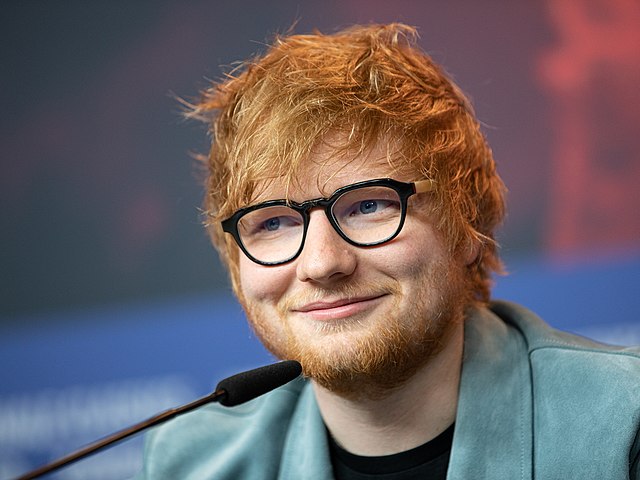
Ed Sheeran is one of the most popular singer-songwriters currently making music. He’s won four Grammy Awards, five Brit Awards, and six Billboard Music Awards. He’s also received the Ivor Novello Award for Songwriter of the Year from the British Academy of Songwriters, Composers, and Authors twice, in both 2015 and 2018.
Sheeran started his musical journey young. He started singing in a choir when he was four, learned guitar when he was 11, and by 13 he had released his first record. Sheeran was inspired to start writing his own music after meeting musician Damian Rice, who told Sheeran it was time to write his own material. At 14, Sheeran headed to London and started gigging around London and eventually found success. He would crash with friends and couch surf while he was starting his career. He studied at the Academy of Contemporary Music for just 3 weeks (and is listed on their website as one of their alumni) but dropped out to go on tour. As his time at the Academy of Contemporary Music was so brief, we decided to include him on this list as self-taught.
“No one else is going to do it for you, if you want it bad enough then go out and do it yourself.”
Ed Sheeran
John Lennon (The Beatles) – #10 in the UK
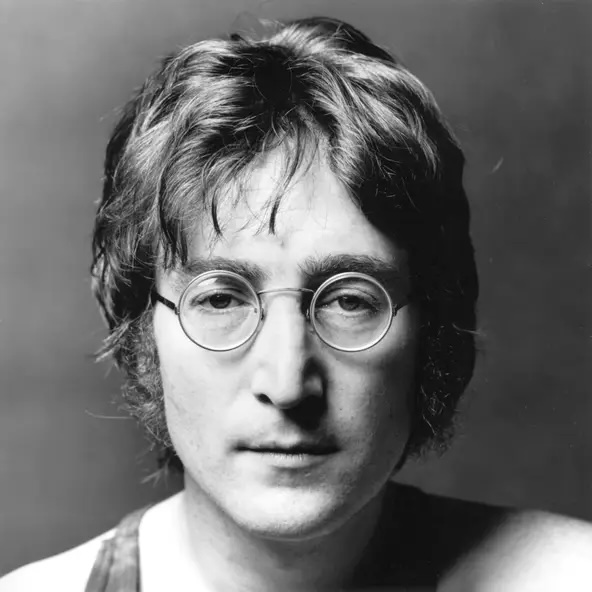
Arguably one of the most important songwriters of the 20th century, John Lennon was one of the main songwriters and guitar players in The Beatles. As a band, The Beatles are the most successful band in the history of the Billboard charts. They’ve earned seven Grammy Awards, four Brit Awards, and an Academy Award. They are credited as kickstarting the British Invasion in the 1960s, where bands from the UK crossed the Atlantic and became stars in the US.
Lennon came from a poor, working class family in Liverpool. When he was 16, his mother lent him £5 to buy his first guitar. His mom showed him a few banjo chords that he could play on the guitar, but Lennon, like the rest of The Beatles including Sir Paul McCartney, was self-taught. They honed their skills as musicians and songwriters playing gigs in Germany.
“All music is rehash. There are only a few notes. Just variations on a theme. Try to tell the kids in the Seventies who were screaming to the Bee Gees that their music was just the Beatles redone. There is nothing wrong with the Bee Gees.”
John Lennon
Ellie Goulding – #13 in the UK

Ellie Goulding is a British singer-songwriter who’s considered one of the most successful British female performers of the 21st century. Her albums have won her three Brit Awards, a Billboard Music Award, 17 BMI London Awards, two Glamour Awards, and two Grammy Award nominations.
Goulding learned clarinet in school and taught herself how to play the guitar when she was 14. At 15 she started writing her own songs and developing her talents as a performer. Goulding got her big break in university when she met her manager, who introduced her to producers and helped her make her first album.
“I’ve watched and learnt from DJs and remixers and paid way more attention to how I want my voice to sound. Before, as long as it was loud and in tune it was fine. I’ve discovered the difference made by various microphones and effects, so each track has a different vocal sound, my voice is woven into everything and it’s above everything.”
Ellie Goulding
James Arthur – #14 in the UK
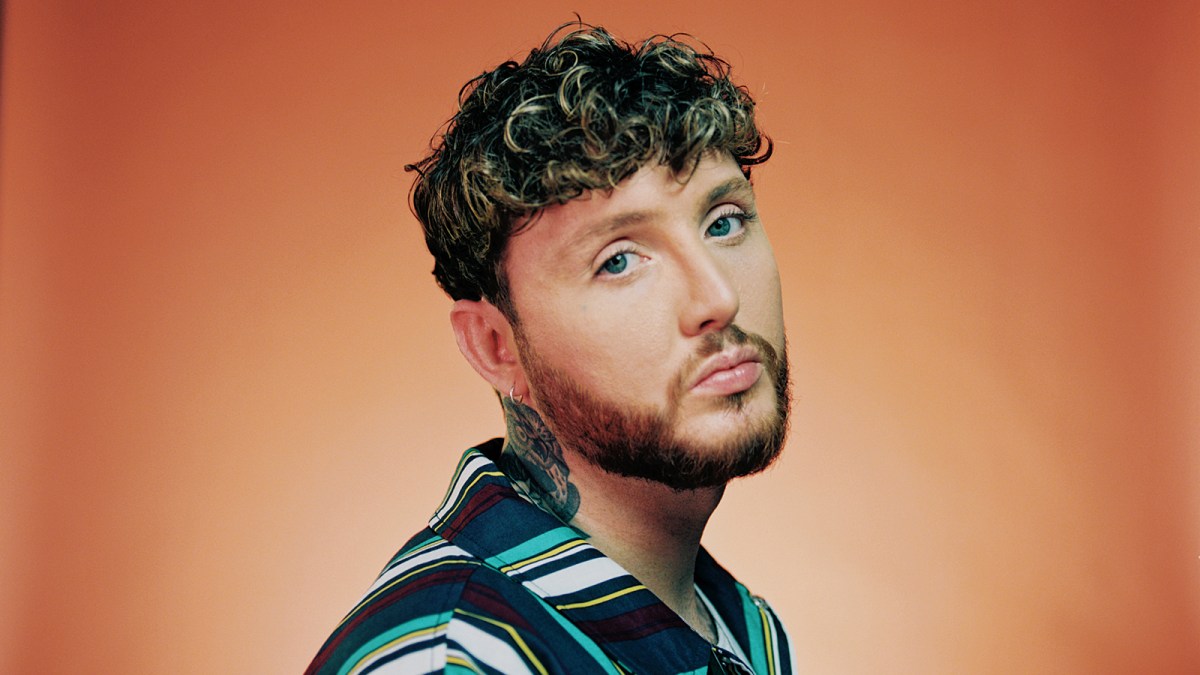
Similar to Calum Scott, James Arthur first rose to fame after being on the popular talent show, The X Factor. Despite struggling with anxiety and being hospitalised during filming of the show, Arthur won The X Factor in 2012, pushing him into the national spotlight.
Arthur didn’t have a happy childhood, his parents divorced and he eventually wound up in foster care. Music helped him manage his emotions in his life. He taught himself how to play the guitar during this time and developed as a singer. Music led to him joining several bands where he honed his skills as a musician and performing before appearing on The X Factor.
“Being in bands and plugging away with not many opportunities and no money for many years really shaped me and taught me about work ethic.”
James Arthur
David Gilmore (Pink Floyd) – #18 in the UK
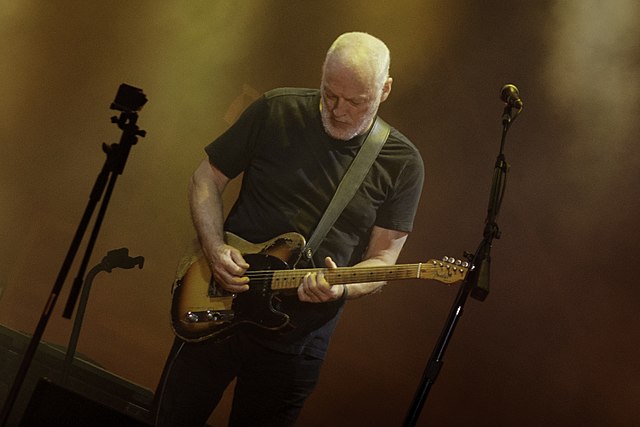
As the guitar player and songwriter for legendary rock band Pink Floyd, David Gilmore has sold more than 250 million records worldwide. He’s won countless awards, been inducted into the rock and roll hall of fame, and is often considered to be one of the greatest guitar players of all time.
Despite this, he never received formal music training. He taught himself how to play the guitar using an old record and instruction book from American folk musician Pete Seegar. He borrowed the guitar from a neighbour and was so enthralled by the instrument that he never returned it.
“My only actual guitar instruction was with Pete Seeger’s guitar tutor record. It was an LP with a big book, it had all the chords that you might need. It started out with a pitch pipe playing six notes of a guitar, so the most important thing was to learn how to tune it.”
David Gilmore
Noel Gallagher (Oasis) – #30 in the UK
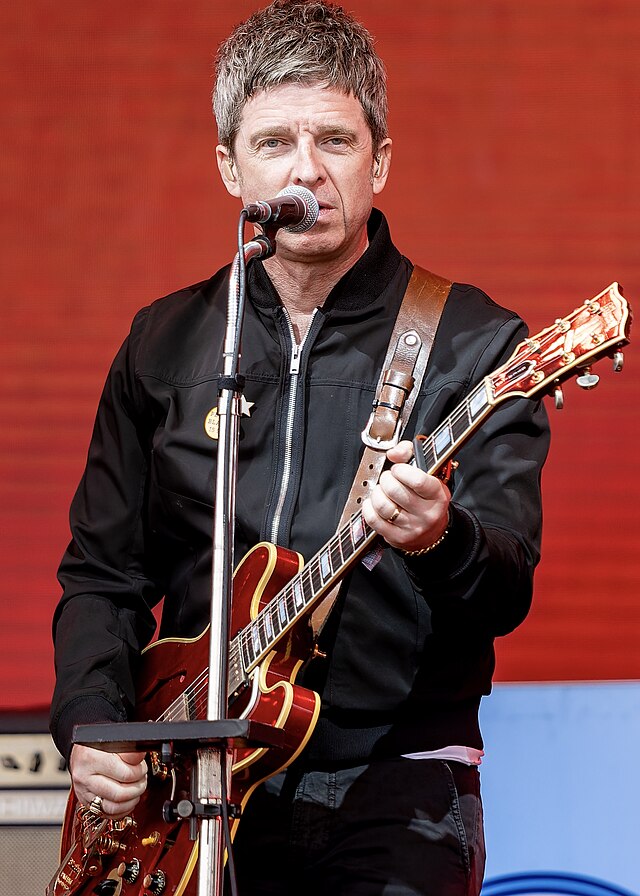
During the 1990s, Oasis was at the top of the game. They sold 75 million records worldwide and won 17 NME Awards, nine Q Awards, four MTV Europe Music Awards and six Brit Awards. Although the band was fronted by his younger brother Liam, Noel Gallagher was the driving creative force behind the band.
Gallagher’s early life was tumultuous, much like it was during the Oasis years. Gallagher was often in trouble with the police and it was during a 6 month probation when he was 14 that he taught himself how to play the guitar. By the time he was 21, he’d joined a friend’s band as their guitar tech. Noel joined his brother’s band after getting back from a tour and that band turned into Oasis.
“Rock n’ roll to me is all about freedom of thought and to be whatever you want to be.”
Noel Gallagher
Calum Scott – #44 in the UK
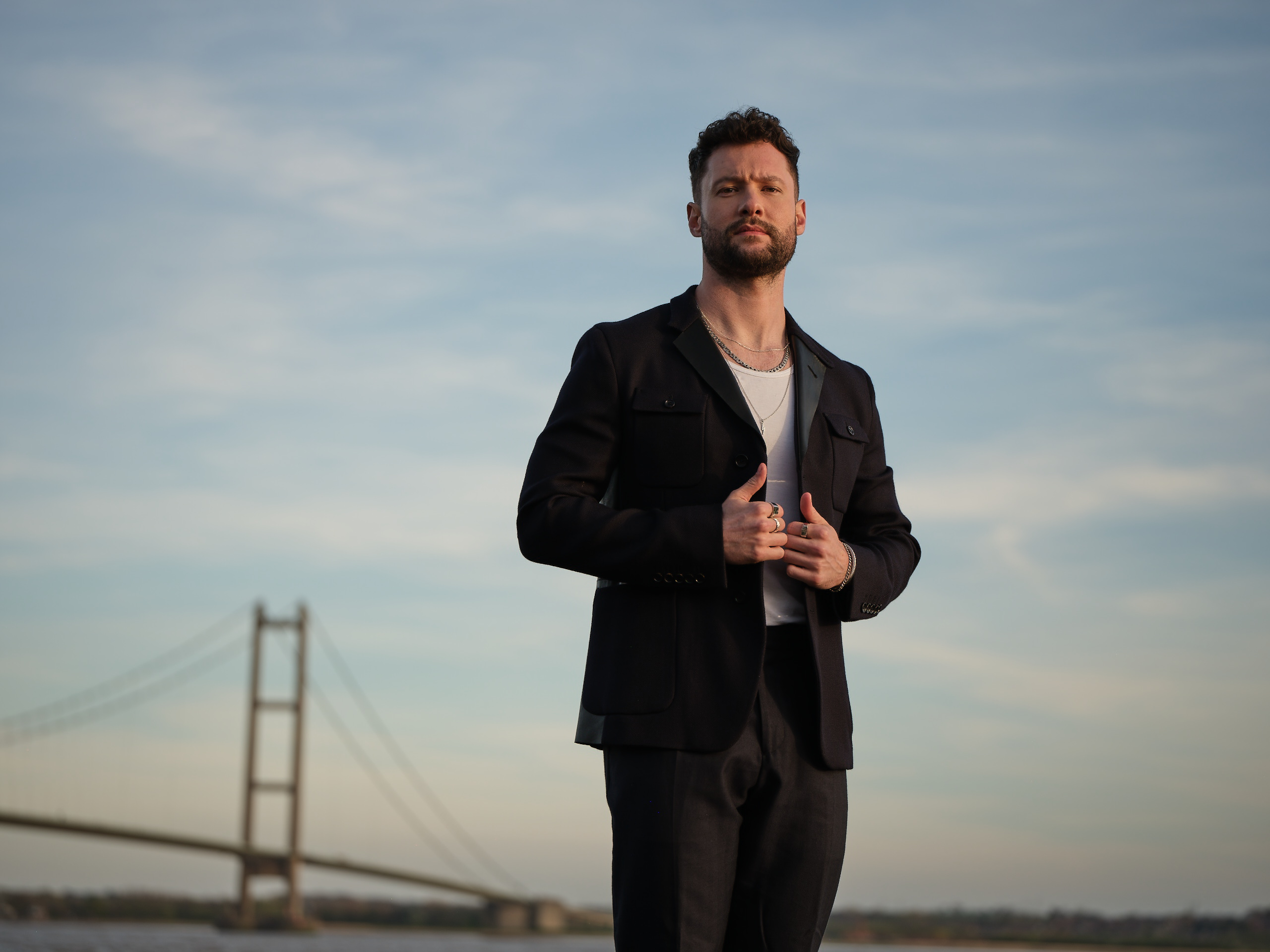
Calum Scott is a British singer-songwriter who rose to fame in 2015 after an appearance on the show Britain’s Got Talent. Prior to his time on the show, Scott spent years honing his abilities both in bands and talent shows similar to Britain’s Got Talent.
Despite being known as a singer, Scott was originally a drummer. It wasn’t until his younger sister encouraged him to sing more that he started focusing on his singing and joined a series of bands, while working in HR. The hard work paid off, after his first performance on Britain’s Got Talent, Simon Cowell said, “I’ve never ever in all the years I’ve done this show heard a guy with the talent you’ve got. Seriously. And the version was sensational, and that shows to me you’re more than a singer, you’re an artist and that’s why you got that (the buzzer).”
“I used to work full time in an office, hiding away in my desk. Now, I have the opportunity to do something I love. And every day is a dream come true for me. I’m just generally grateful for all the love and support, and I will continue to give my 101 percent.”
Calum Scott
Mark Knopfler (Dire Straits) – #46 in the UK
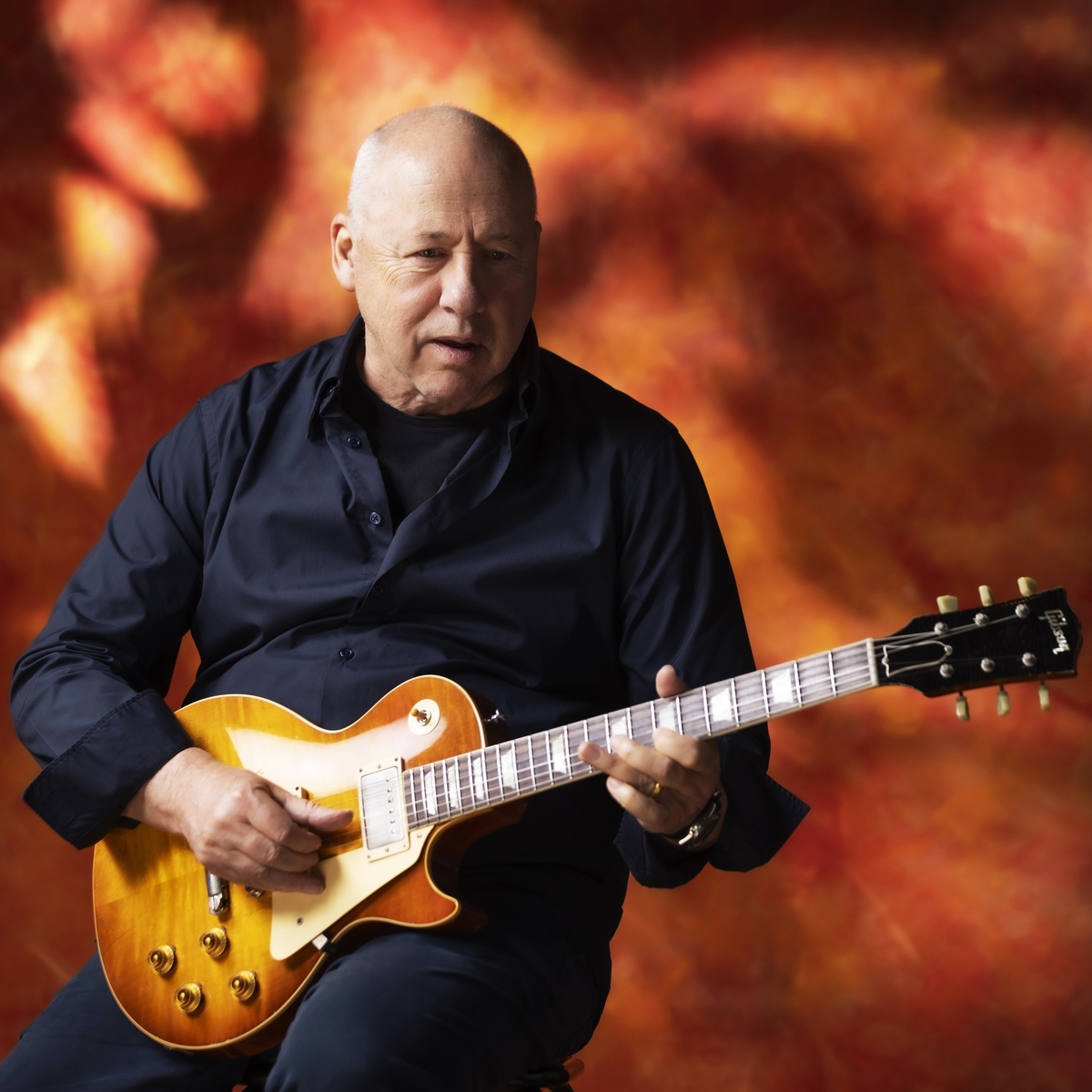
Mark Knopfler and his band Dire Straits were one of the top performing acts of the 1980s. Before they broke up, they won four Grammy Awards, three Brit Awards (Best British Group twice), two MTV Video Music Awards, and they’ve been inducted into the rock and roll hall of fame.
Today, Knopfler is considered a virtuoso on the guitar and still ranks as one of the best players ever, which is impressive when you consider that he never had formal training. He taught himself how to play the guitar and started performing. By the time he was 16, he had been in several bands and appeared on TV. Knopfler continued to perform and tour during the 1960s and 70s until he formed Dire Straits in 1977.
“I just want to be able to play and make people feel good with what I do. When you’re thinking that way, anything can happen. And, usually, what happens is good.”
Mark Knopfler
Bruce Dickinson (Iron Maiden) – #57 in the UK
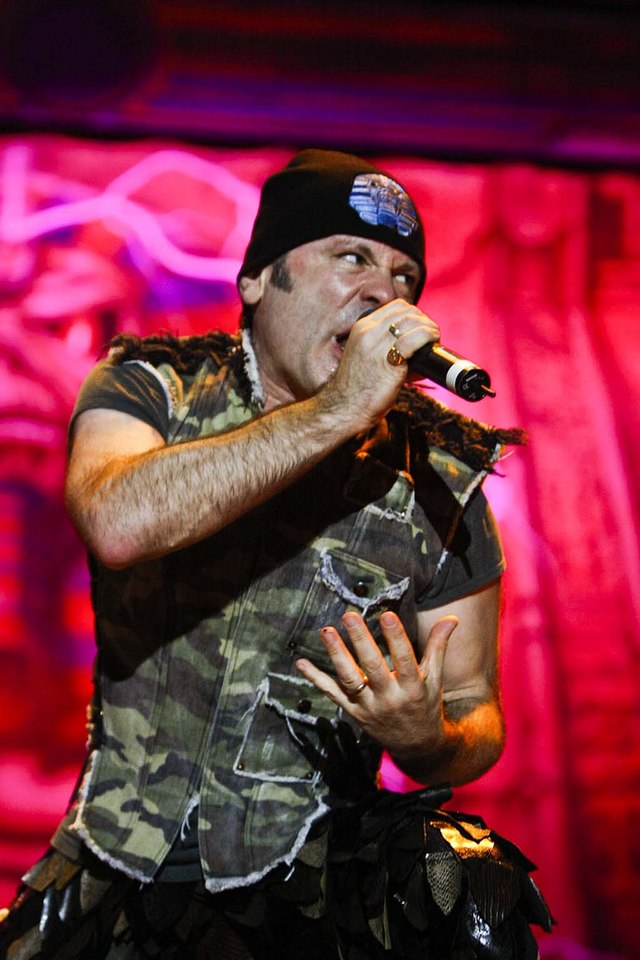
You might think that a man who’s singing style is often described as “operatic” would have had at least some formal training in his youth to gain that level of control over his voice, but Iron Maiden frontman Bruce Dickinson didn’t receive any.
Dickinson’s interest in music started at a young age, listening to old records with his grandparents, but it wasn’t until he heard Deep Purple’s album Child in Time that his love deepened into something more serious. Initially, he wanted to play the drums and borrowed a pair of bongo drums from the music room at his school. It was while playing with school mates that he discovered his ability to sing. Dickinson started singing in bands in university before eventually replacing the lead singer of the band Iron Maiden.
As part of Iron Maiden, Dickinson released 41 albums, has won countless awards, and he is considered one of the best heavy metal vocalists of all time.
“I think it’s important to find something that you’re passionate about and follow that passion.”
Bruce Dickinson
Stormzy – #83 in the UK
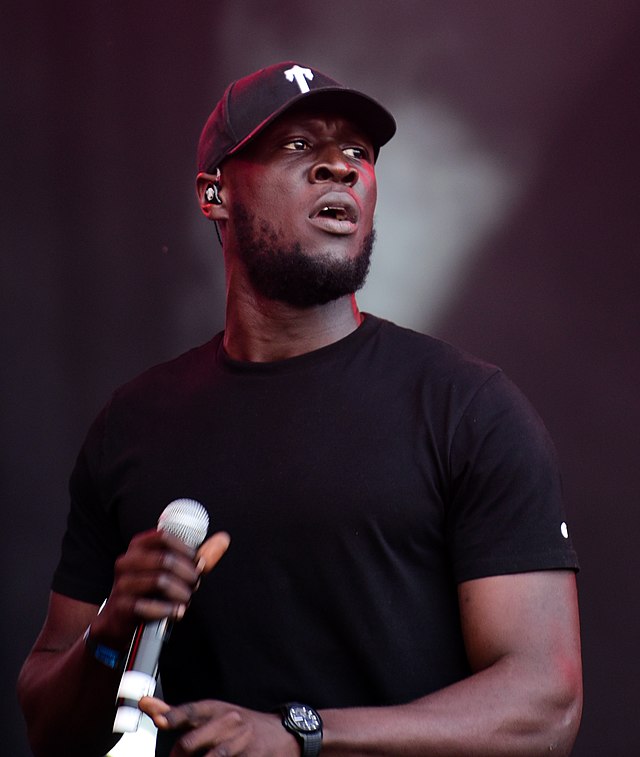
Stormzy, born Michael Ebenazer Kwadjo Omari Owuo Jr., is a British rapper and performer known for compelling lyrics in the UK grime scene. He was 11 when he started rapping with other kids in a youth club in London.
He started putting up his material on YouTube when he was 18 and his WickedSkengMan series of freestyles helped establish him as an artist worth watching. He was the first artist to win the MOBO’s Best Grime Act award, the first unsigned artist to appear on Later… with Jools Holland, and his song Shut, which was originally a part of the WickedSkengMan series on YouTube, became the first freestyle to reach the charts in 2015, where it peaked at #8.
“On the microphone, I’m not scared to step up and say, ‘This is my ability, this is how good I am.’ In other areas of life, I’m not so confident; I’m still adjusting to the photo shoots, all that stuff. But behind the mic, I’m fully confident.”
Stormzy
Broader implications and concluding thoughts
It’s fascinating to see just how many artists in Spotify’s top 100 did not receive formal music education. Some of these artists managed to become household names without instrumental lessons or being able to read music.
Today, it’s possible to learn an instrument, produce music and share that music independently without a traditional musical education. In some sense, the playing field is now more level. As mentioned, there are more tools than ever that can help people learn music or mix songs to create quality music without spending money on lessons or recording studios. From apps and tutorials on YouTube to help you learn to play an instrument, to platforms like TikTok and SoundCloud where artists can share their music. Artists are no longer limited to begging radio stations to play their crudely recorded demos. This gives them the ability to create an authentic connection with a core audience before they’re even on the radar of big music producers.
You could also argue that learning outside of the regimented structure of formal education may allow self-taught individuals to express their creativity more freely as their learning and engagement with their instrument is unconstrained in some cases. Without traditional frameworks and support, they have to be resourceful in their learning and stand on their own two feet, both when making music and making a name for themselves.
Regardless of musical education, these self-taught artists have succeeded in attaining global fame with their music. This is a testament to alternative learning methods and shows that a traditional music education is not the only way to bring a passion for music to life.
Interested in learning more about music? Check out our comprehensive guide to finding the perfect piano teacher.
Author of this study:
Susana Pérez Posada

With over seven years in piano education and a deep passion for music therapy, Susana brings a unique blend of expertise to Skoove. A graduate in Music Therapy from SRH Hochschule Heidelberg and an experienced classical pianist from Universidad EAFIT, she infuses her teaching with a holistic approach that transcends traditional piano lessons. In her writings for Skoove, Susana combines her rich musical knowledge with engaging storytelling, enriching the learning experience for pianists of all levels. Away from the piano, she loves exploring new places and immersing herself in a good book, believing these diverse experiences enhance her creative teaching style.
All images used in this article are licensed under theCreative Commons Attribution-ShareAlike 4.0 International License.



